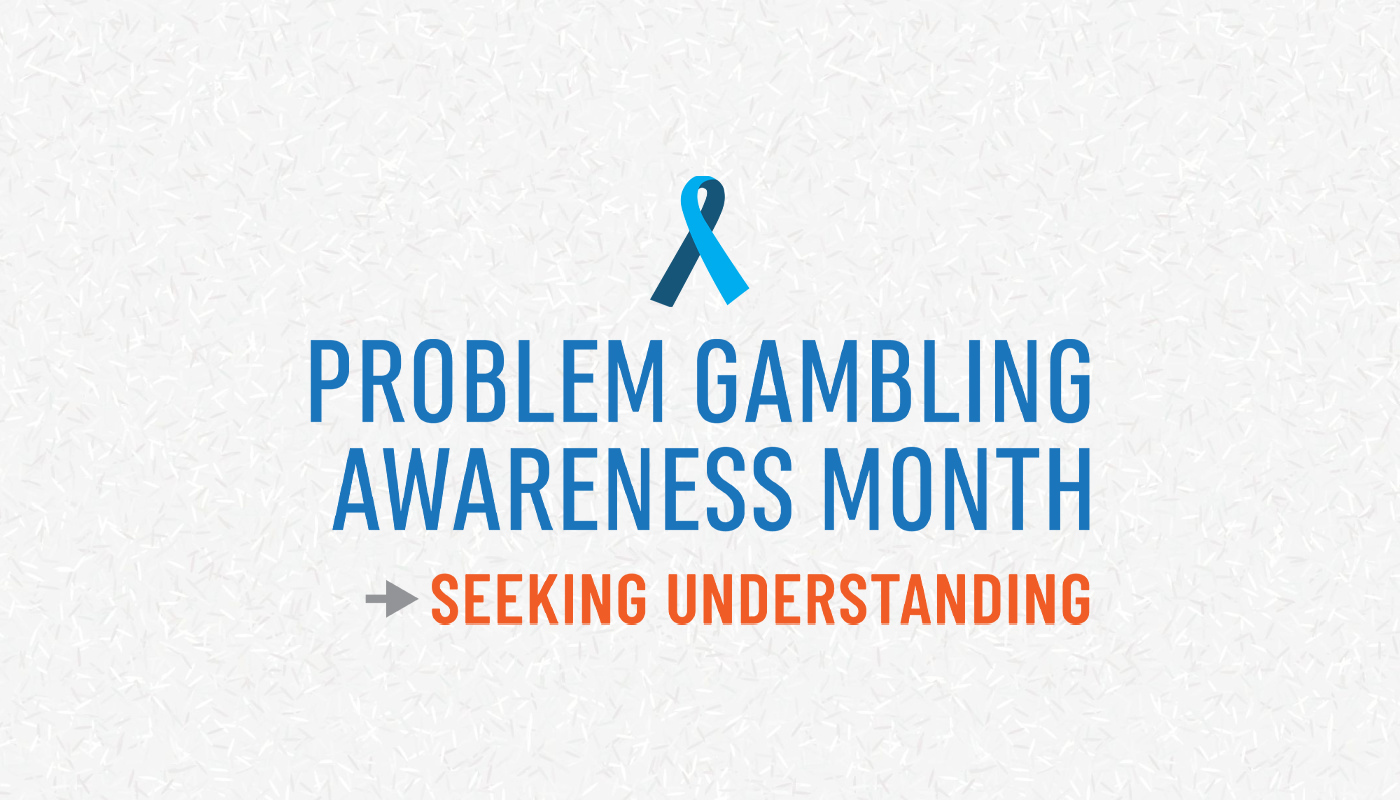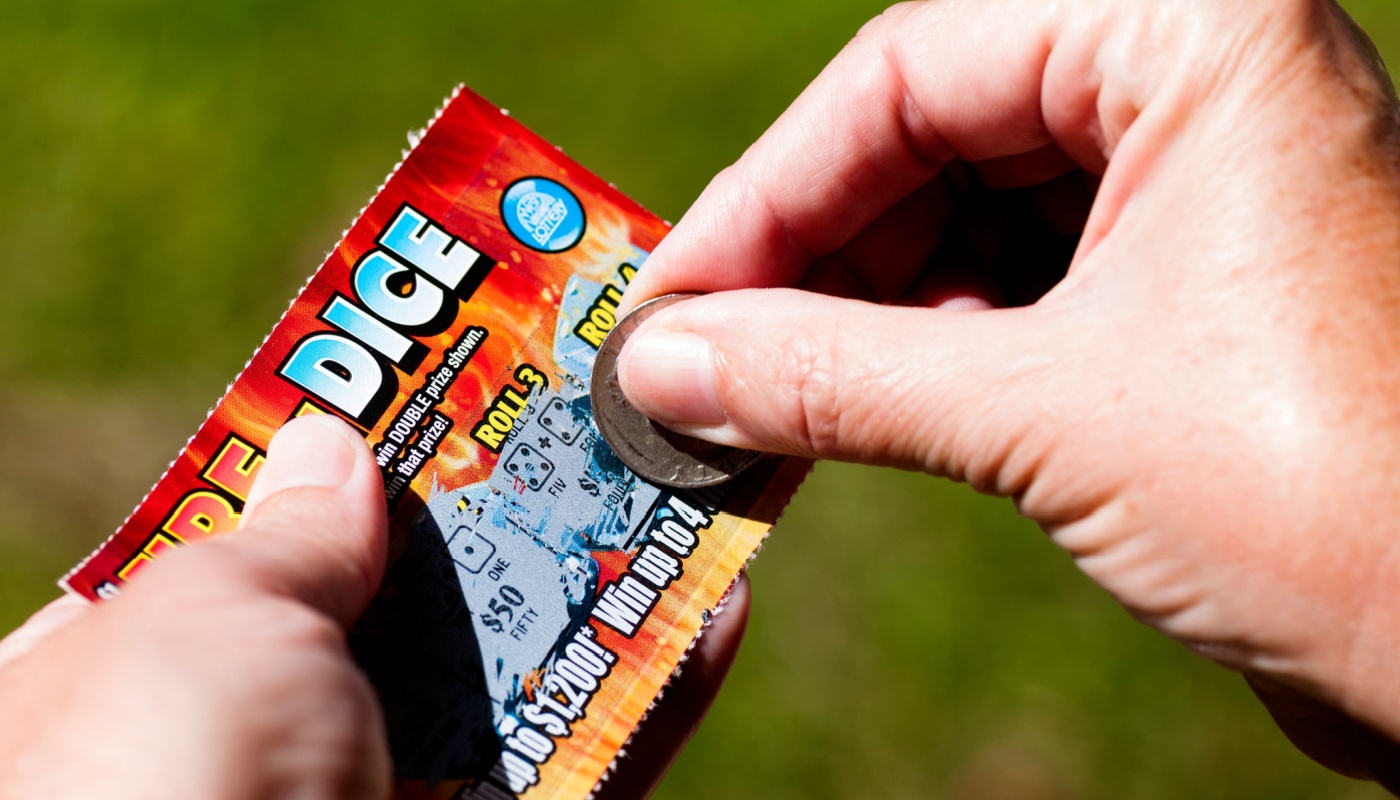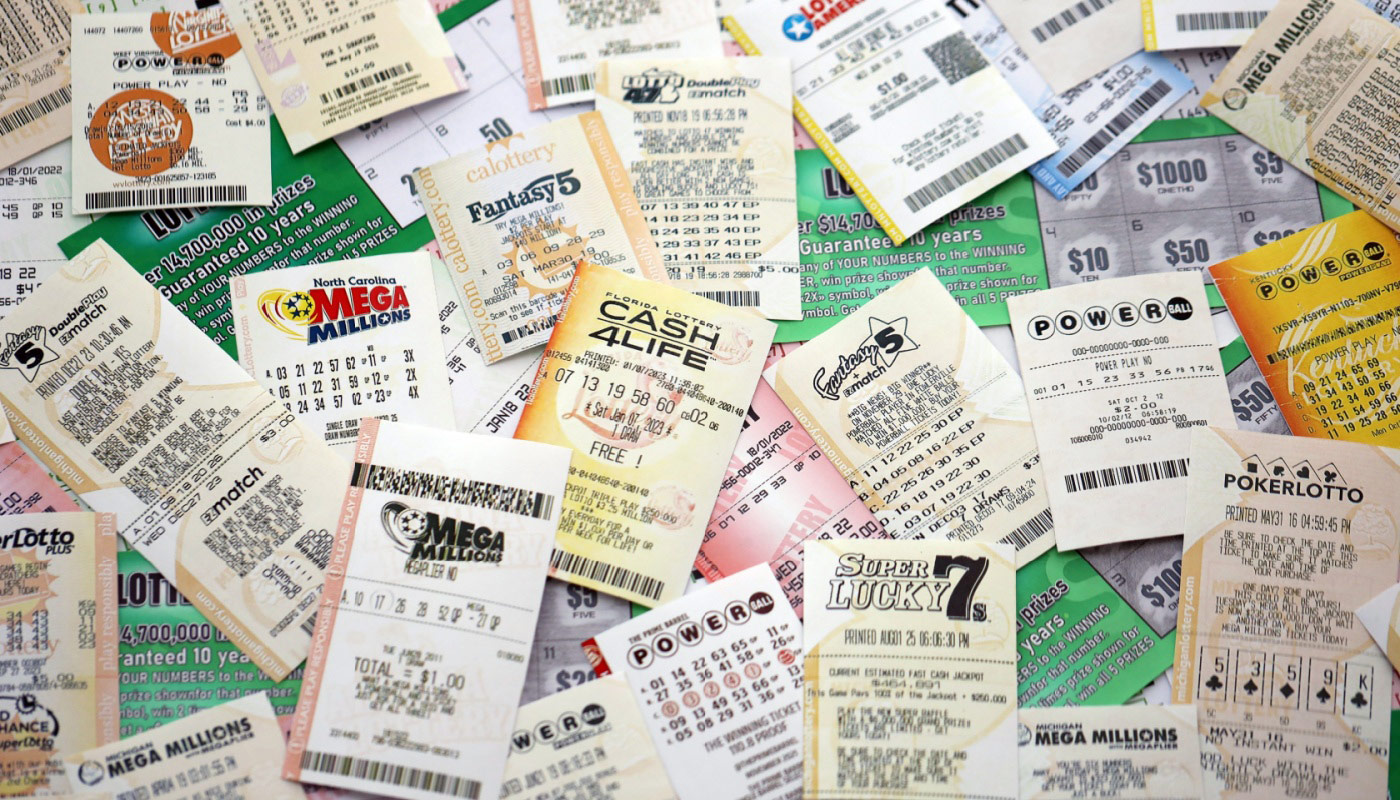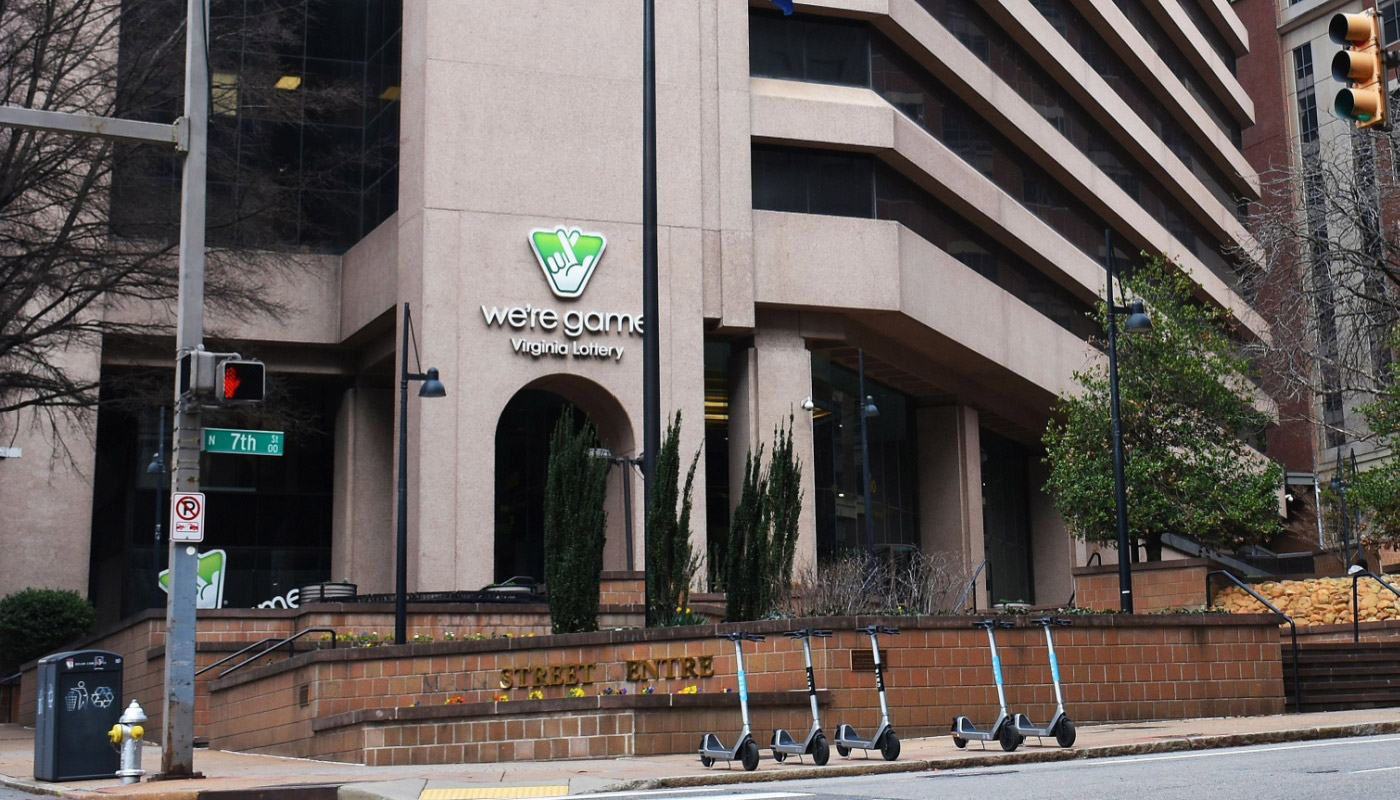
News writer, Interviewer
Today marks the beginning of Problem Gambling Awareness Month (PGAM), a nationwide effort to educate the public about the signs of problem gambling and emphasize the importance of responsible gaming. This year's theme, "Seeking Understanding," focuses on increasing awareness of problem gambling as a serious but often misunderstood mental health condition.
What is problem gambling?
Problem gambling is defined as gambling behavior that compromises disrupts, or damages personal, family, or vocational pursuits. Approximately 1% of U.S. adults (2.5 million people) meet the criteria for a severe gambling problem in a given year, with another 2-3% (5-8 million) experiencing mild to moderate gambling problems.
The statistics are even more concerning in some states. A 2016 Problem Gambling Prevalence Study by Louisiana's Department of Health found that 5.4% of Louisianians have the potential for problem gambling disorder, while another 2.9% meet the criteria for pathological gambling disorder.
Three questions that could save lives
Problem gambling experts recommend a simple three-question screening to help players determine if they might have a gambling problem:
- During the past 12 months, have you become restless, irritable, or anxious when trying to stop or cut down on gambling?
- During the past 12 months, have you tried to keep your family or friends from knowing how much you gambled?
- During the past 12 months, did you have such financial trouble as a result of your gambling that you had to get help with living expenses from family, friends, or welfare?
Answering "yes" to any of these questions could indicate a potential problem, and seeking help is encouraged.
How states are commemorating PGAM
Several states are taking active roles in promoting problem gambling awareness this March:
The Louisiana Lottery Corporation is joining forces with the Louisiana Department of Health's Office of Behavioral Health, the Louisiana Association on Compulsive Gambling, and the National Council on Problem Gambling. The Lottery dedicates the first $500,000 in proceeds to the treatment and prevention of problem gambling annually and provides responsible play tips through various channels.
Lottery President Rose Hudson said:
The Louisiana Lottery recognizes the mental health struggles related to problem gambling, which is why we are steadfast in our commitment to promoting responsible play.
In Indiana, the Hoosier Lottery has created an online Player Health Screening based on the Brief Biosocial Gambling Screen developed by the Division on Addiction, Cambridge Health Alliance, a teaching affiliate of Harvard Medical School. Players who complete the screening can enter to win one of five positive play prize packs valued at over $200.
Sarah M. Taylor, executive director of the Hoosier Lottery explained:
At the Hoosier Lottery, we are committed to responsible gaming and strive to promote a positive playing experience. This is why we promote positive play, not just during March but all year. If a player's gambling behaviors become damaging to themselves, their family, or their workplace, we want them to know there are resources that can help.
Maryland Lottery and Gaming is running a paid advertising campaign with messages focused on responsible play tips and separating lottery myths from facts. The ads will air on TV, radio, billboards, and social media starting March 1.
Maryland Lottery and Gaming Director John Martin stated:
We want people to make educated decisions about how they gamble, and we want everyone to know how to find help if gambling becomes a problem.
Other states are also making contributions to Problem Gambling Awareness Month:
- Pennsylvania's Lottery funds the Problem Gambling Helpline (1-800-GAMBLER) and partners with the Council on Compulsive Gambling to provide resources. "PGAM is the time to have the conversation about the risks of gambling, but it's also an opportunity to encourage players to learn how to practice healthy, informed lottery play," said Pennsylvania Lottery Executive Director Drew Svitko.
- In Michigan, the lottery contributed $1 million to the Department of Health and Human Services for problem gambling programs and offers enhanced responsible gaming resources, including self-exclusion periods and deposit limits. "The Lottery is proud to join the National Council on Problem Gambling to help raise awareness about problem gambling and the resources available to help Michiganders," noted Michigan Lottery Director Suzanna Shkreli.
- Meanwhile, Illinois is raising awareness through radio spots, billboards, digital and social media, and direct outreach to players and retailers, emphasizing that lottery games should always be played responsibly.
Additionally, Iowa, Wisconsin, and Arizona have signed official proclamations supporting the month-long initiative.
The growing concern with online gambling
With the expansion of online and mobile sports betting, there's greater accessibility to gambling than ever before. The Maryland Center of Excellence on Problem Gambling noted, "This ease of access may potentially increase the risk of developing a gambling problem."
The concern is particularly relevant as players can now bet on more than just their favorite team but on every play of the game from their mobile devices.
Resources for help
For those struggling with gambling problems, resources are available:
- Louisiana's Problem Gambling Helpline: 1-877-770-STOP (7867)
- Maryland's helpline: 1-800-GAMBLER (available 24 hours)
- Indiana's Problem Gambling Helpline: 1-800-994-8448, text INGAMB to 53342, or use the Chat Now link on any Hoosier Lottery webpage
- Additional information at helpmygamblingproblem.org
Many states offer no-cost counseling services funded through assessments paid by casinos to state problem gambling funds.
March 11, 2025, has been designated as Gambling Disorder Screening Day, providing another opportunity for those concerned about their gambling habits to seek help.




















Comments